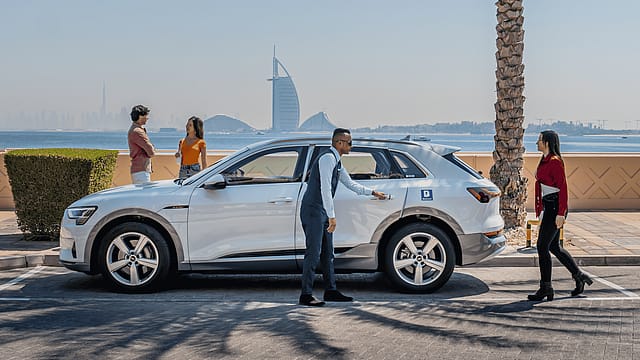Is it illegal to give a lift to a stranger in your car in India?
ADVERTISEMENT

Ravi was driving back home late on a Monday night when he saw a stranded pedestrian waving frantically on the roadside. Acting out of kindness, Ravi offered him a lift. But a friend later warned him that this simple gesture could land him in legal trouble. He was taken aback.
While giving a lift out of goodwill isn’t a crime, the law draws a strict line in India when you take money in exchange for help. So, what begins as kindness could become a legal misstep unknowingly.
"Giving a lift to strangers is not inherently illegal; however, private vehicles are prohibited from being used for commercial purposes. If you give a lift in exchange for money and repeat the pattern, it constitutes unauthorised public transport," says Supreme Court advocate Amitraj Kaushal.
This violates permit norms and may attract penalties. The law aims to regulate passenger safety, prevent misuse of private registrations, and ensure only licensed transport services operate commercially under state oversight.
"Section 66 prohibits using a private vehicle for passenger transport without a valid permit. If interpreted as an unauthorised transport service, it may attract penalties under Section 192a," says Kaushal. "A police officer can confiscate your driving licence for serious traffic violations under the Motor Vehicles Act, 1988. The penalty varies by offence, typically ranging from ₹500 to ₹10,000," he adds.
To reclaim your licence, you need to pay the fine either online via the official state transport portal or offline at the designated traffic court. Once you pay the fine, you will have to submit it at the station. The licence is returned through the concerned RTO. The entire process operates under strict procedural compliance to ensure lawful enforcement.